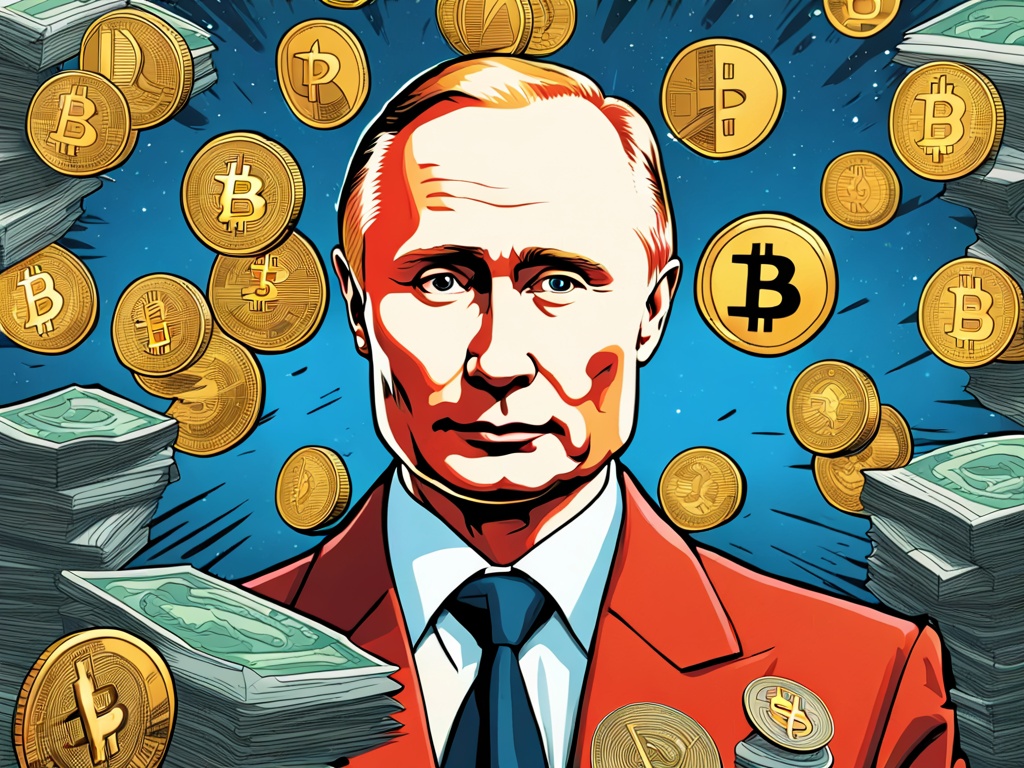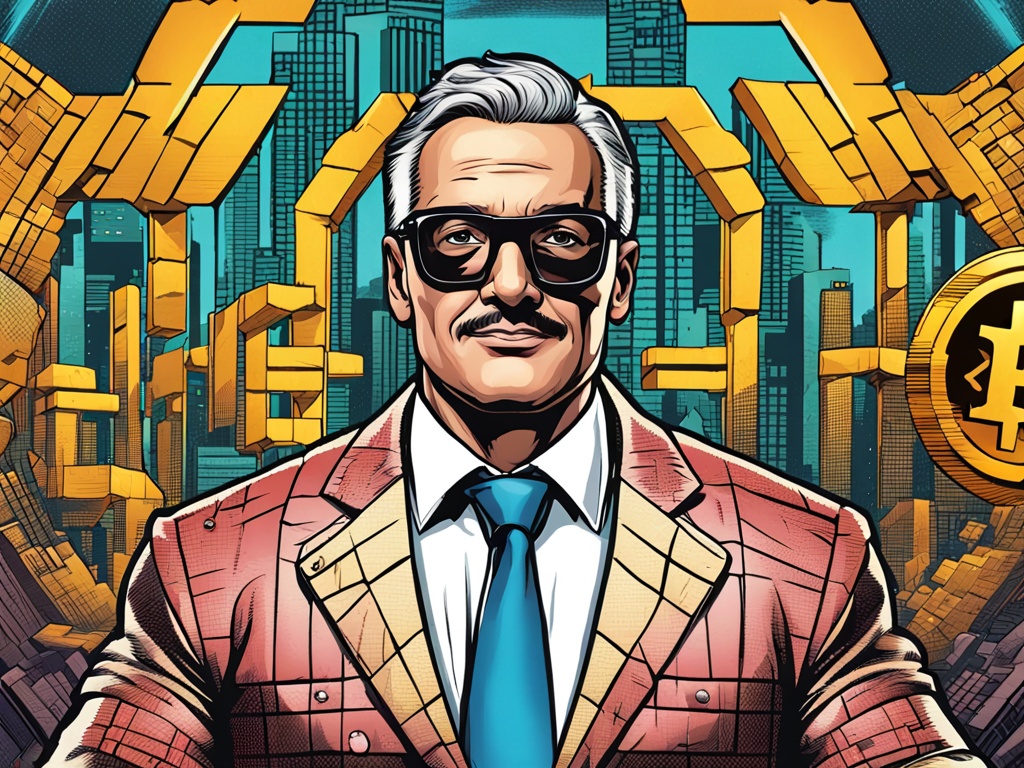Putin’s Strong Stance on Cryptocurrencies 🌐
Yesterday, Vladimir Putin, the President of Russia, declared that no authority can prohibit cryptocurrencies. Specifically responding to a query regarding who might have the power to outlaw Bitcoin, he confidently replied, “No one.” This assertion highlights a significant perspective on the growing role of cryptocurrencies in global finance.
Putin elaborated that the same holds true for other digital payment systems, reaffirming his belief in their unstoppable nature. This stance comes amid the increasing global adoption of cryptocurrencies, which are fundamentally rooted in advanced digital technologies.
The Nature of Cryptocurrency Regulation 💻
Putin pointed out that centralized electronic payment systems might face bans, as regulators can target specific platforms. However, decentralized systems operate on a global scale and are nearly impossible to shut down without disconnecting the entire internet.
Though he didn’t delve deeply into the technicalities, his remarks emphasize that these new technologies cannot be easily suppressed. The decentralized and peer-to-peer nature of cryptocurrencies makes them resilient to censorship and regulatory efforts.
The Russian President also remarked that fluctuations in the US dollar and other fiat currencies do not significantly impact the continued progress and utilization of cryptocurrency technologies. He underscored the inherent advantages of digital currencies, including their lower transactional costs and impressive reliability.
While he recognized the potential of cryptocurrencies, he noted that the transactional expenses for popular cryptocurrencies like Bitcoin and Ethereum can be high, especially on their primary networks. However, he added that utilizing layer-2 solutions can greatly decrease those costs, making transactions more affordable compared to traditional international money transfers.
The Evolving Crypto Landscape in Russia 🇷🇺
The relationship between Russia and cryptocurrencies has evolved significantly over the years. When Bitcoin emerged in 2009, Putin had already held the presidency for nearly a decade. Initially, Russia embraced cryptocurrencies, primarily due to its abundant fossil fuel resources, which facilitated mining at relatively low expenses.
Over time, the attitude shifted, becoming more critical as the government attempted to impose restrictions on crypto. In 2021, the Russian central bank made a notable attempt to ban cryptocurrencies but encountered considerable challenges in enforcing such actions.
Following the onset of the war in Ukraine, Russia’s stance on cryptocurrencies softened, reportedly viewing them as a means to evade economic sanctions. As a result, between 2023 and 2024, Russia legalized cryptocurrency usage while instituting certain mining regulations.
Today, Russia ranks fifth globally in Bitcoin mining, contributing 4.6% of the global hash rate. Although this is considerably less than the United States’ 38% and China’s 21%, it is comparable to Canada’s 6.5% and Kazakhstan’s 13%.
China’s Struggles with Cryptocurrency Regulation 🐉
China stands as a prominent example of an authoritarian regime that has attempted to prohibit cryptocurrencies. Initiating its crackdown in 2017, the country imposed several restrictions, with a notable ban in May 2021 that resulted in Bitcoin’s value plummeting from $60,000 to $30,000.
Despite China’s efforts to eliminate local crypto mining operations, some miners resumed activities illegally in subsequent years. This raises questions about the effectiveness of strict regulations in preventing cryptocurrency usage in a digitally connected world.
Even with the official prohibitions on trading cryptocurrencies in China, many citizens continue to acquire them via foreign exchanges. This behavior demonstrates the resilience of cryptocurrency markets, as even strict controls cannot fully eliminate demand.
Furthermore, the decline of Chinese capital in the crypto market in late 2021 hindered Bitcoin from surpassing $100,000, leaving its peak below $70,000. However, the resurgence of Chinese investment has been instrumental in driving Bitcoin’s price above $100,000 recently.
Overall, China’s experience supports Putin’s assertion that, in practice, cryptocurrencies like Bitcoin cannot be effectively banned. With the internet providing access, users can engage with cryptocurrencies regardless of governmental restrictions.
In summary, the narratives surrounding cryptocurrencies in Russia and China reflect the complexities and challenges faced by governments attempting to regulate this emerging financial ecosystem. The resilience of cryptocurrencies and their integration into global finance suggest a dynamic future ahead.





 By
By
 By
By

 By
By

 By
By